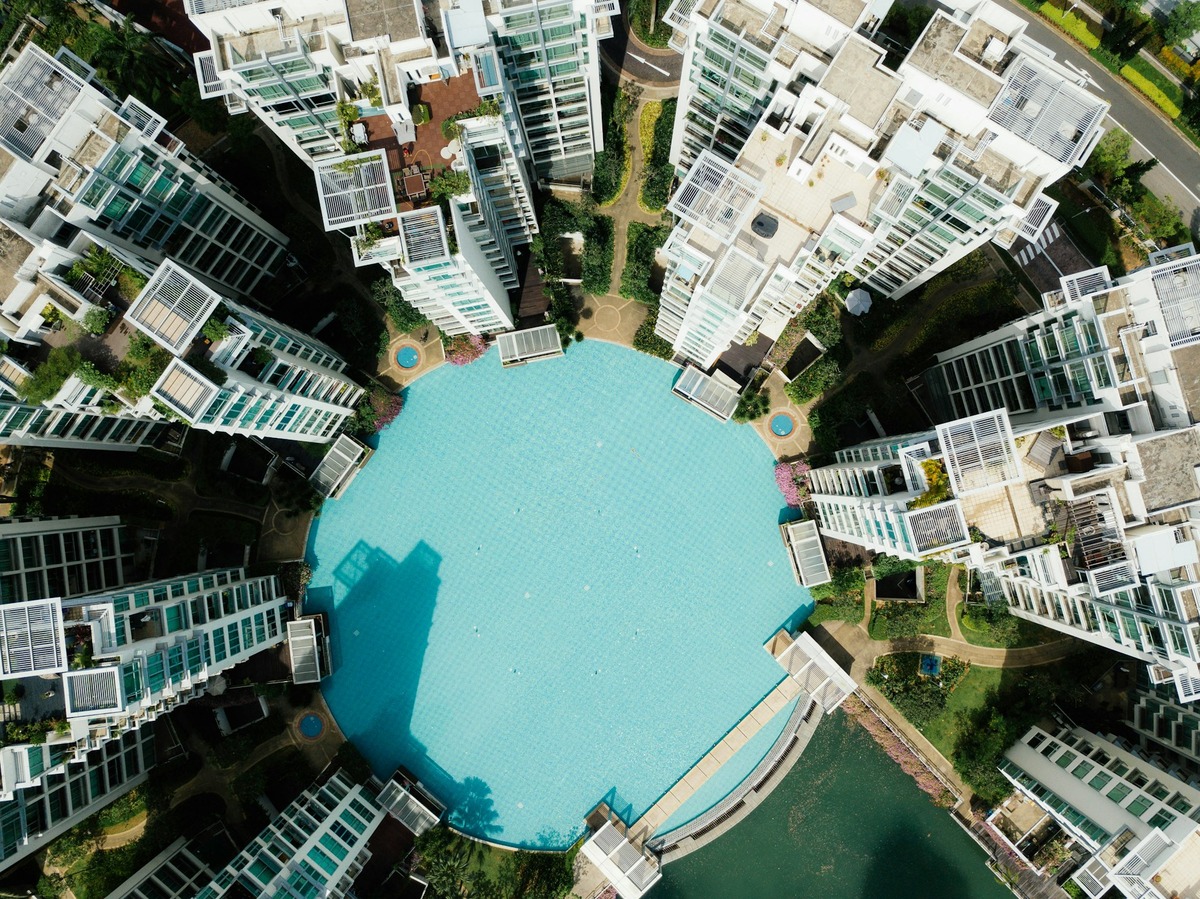Water efficiency is crucial in urban development planning, with modern buildings becoming integral to sophisticated water conservation strategies. Developers, architects, and policymakers need a deep understanding of water consumption’s sustainability impact, as modern buildings are no longer passive consumers.
Rapid urban expansion necessitates efficient water management systems and sustainable infrastructure to support urban growth without compromising natural resources. A central aspect of modern water management is using technologies like the centrifugal pump, which facilitates efficient water distribution across complex urban networks. These pumps are valued for their reliability, low maintenance, and ability to handle varying flow rates, making them ideal for large-scale municipal systems. Integrating such technologies ensures that urban centers meet growing water demands while minimizing environmental impact.
The Role of Innovative Technologies
Innovative technologies, such as smart metering systems, have significantly transformed water management by providing real-time data, enabling informed decision-making, and detecting leaks as they occur. These technologies also enhance efficiency and ensure better quality water for users. Other technologies, such as automated control systems for water pressure and advanced filtration systems, are being integrated into building designs to modernize water management practices and align with sustainability and resource efficiency principles. These technologies are crucial in reducing potential water waste and promoting better water quality.
Practical Water-Saving Strategies for Building Owners
Rainwater harvesting systems, low-flow fixtures, regular maintenance, and drought-resistant landscaping are practical water-saving strategies for building owners. Rainwater harvesting reduces dependency on municipal water supplies, while low-flow fixtures save water without compromising user experience. Regular checks prevent significant water loss over time, and drought-resistant landscaping reduces outdoor water usage. Implementing these strategies can lead to reduced water consumption, sustainability, and reduced operational costs for building owners.
Balancing Cost and Sustainability
For many, the cost of implementing water-saving technologies may appear prohibitive. However, the broader economic picture reveals that the long-term savings on water bills and environmental benefits provide a compelling investment case. Initial costs can often be mitigated by leveraging local and national incentives designed to support sustainability initiatives, making these investments feasible for a broader range of building owners.
Potential Challenges and Solutions
Adopting modern water management practices isn’t without its challenges. High upfront costs, regulatory constraints, and a general lack of awareness are considerable hurdles. Nevertheless, these challenges can be met head-on through cooperation between governments, businesses, and the general public. Government incentives and education campaigns can significantly promote the adoption of water-efficient technologies.
The Future of Water Management Systems
Looking ahead, the future of water management holds vast potential with the integration of artificial intelligence and machine learning technologies. These advancements can offer predictive analytics, enhancing our ability to effectively plan and manage water resources. By harnessing these technologies, we can build more resilient urban infrastructures adept at withstanding modern urban living pressures.
Conclusion: Embracing a Sustainable Water Future
The journey towards sustainable urban water management is a marathon, not a sprint. It necessitates an ongoing commitment to technological innovation and cross-sector collaboration. By embracing the latest advancements and learning from successful case studies, cities worldwide can ensure their efficient and resilient water systems, safeguarding this precious resource for future generations.













